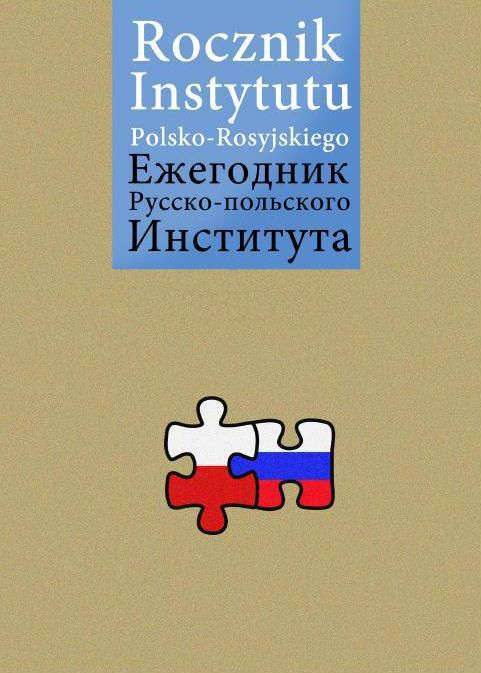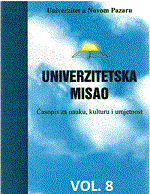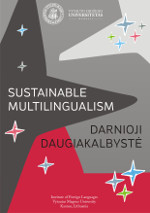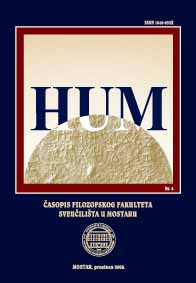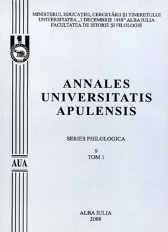Author(s): Jūratė Andriuškevičienė,Daina Kazlauskaitė / Language(s): French
Issue: 4/2014
“The main role of a language is to enable communication among people, i.e. to perform the communicative function. The language of each nation is the means to create its culture and literature (the aesthetic function), as well as to express the nation’s self-awareness and values – character, customs and thinking.” Every culture invites to respect and promote the national language and learn foreign languages in order to develop trade and different kinds of exchange, as well as intercultural communication. So which language should be chosen bearing in mind the variety? Could one language be more useful? These are the questions posed in this article. The answers will be based on the data from Euro barometer on “Europeans and their languages”, “Common European Framework of Reference for Languages” and many other European Council documents promoting multilingualism. The article will also touch upon language choice tendencies in the Institute of Foreign Languages at Vytautas Magnus University over the past 11 years, illustrated by graphs and tables. The number of languages offered by our institution has reached 30 but the analysis of language preferences shows that some languages are more popular than the others. It is well known that English has already become the lingua franca, so we will focus more on the languages that students choose as second, third, fourth etc. The map of the world according to Calvet barometer presents five most popular languages – English, Spanish, French, German and Russian. It is only logical that they appear in the same order in our tables. Europeans find English, Spanish, French, German and Russian the most useful. Over the past 11 years, Spanish, French, Italian, German, Japanese, Polish, Russian and Norwegian languages (except English) have been among the top five at VMU. Spanish, French, German and Italian have always been in the top five. The Russian language was included in this group in 2008 and its demand is growing. The most popular language is Spanish – it was in the first position nine times and only twice it gave the position over to the French language (in 2009 and 2010). Italian is not among the first five either in the world or in Europe, but at VMU it is in great demand. Students episodically demonstrate exceptional interest in Norwegian and Japanese. Oddly, Polish, the language of our neighbours, was included in the group of the top five only once over the period of analysis (in 2004). In summary, it can be stated that the comparison of language popularity in Europe discloses similarities, as well as differences. The focus of the article is to call teachers’, lecturers’ and society’s attention to the demand of life-long language learning, to invite them for discussion to compare the tendencies of foreign language preferences in Europe and Lithuania and to promote multilingualism.
More...
